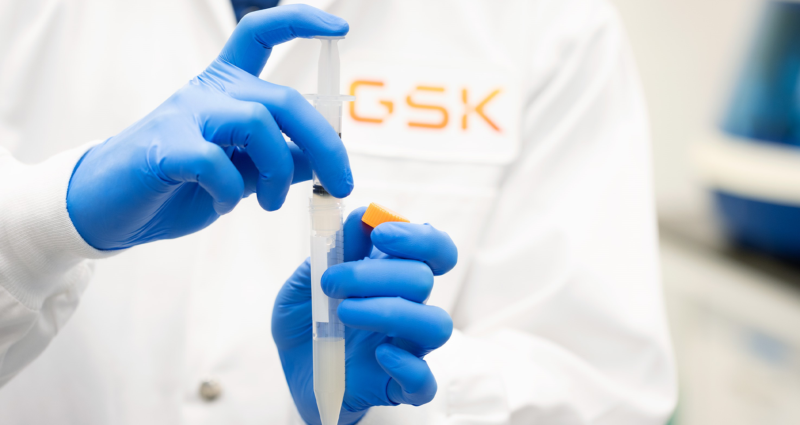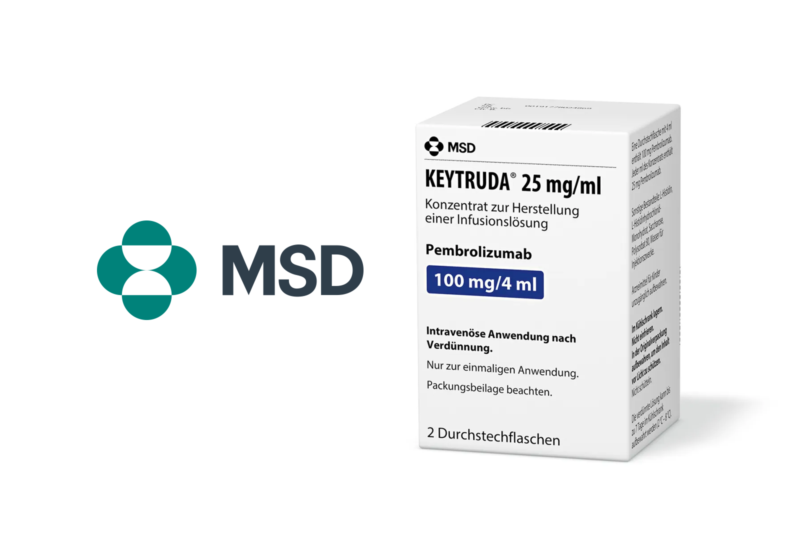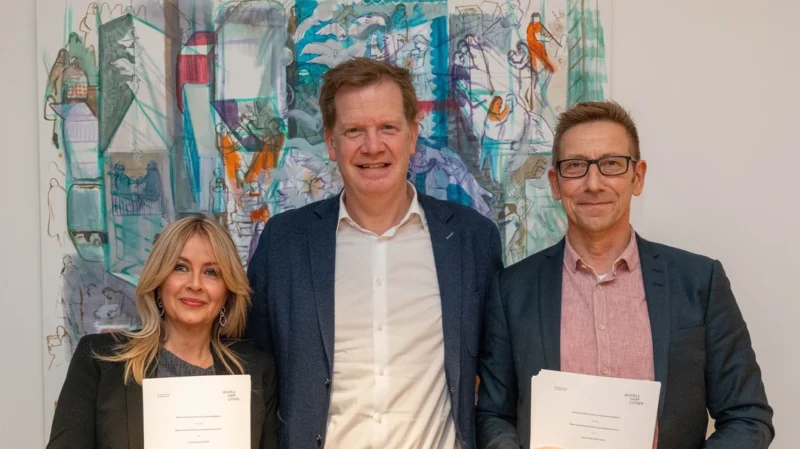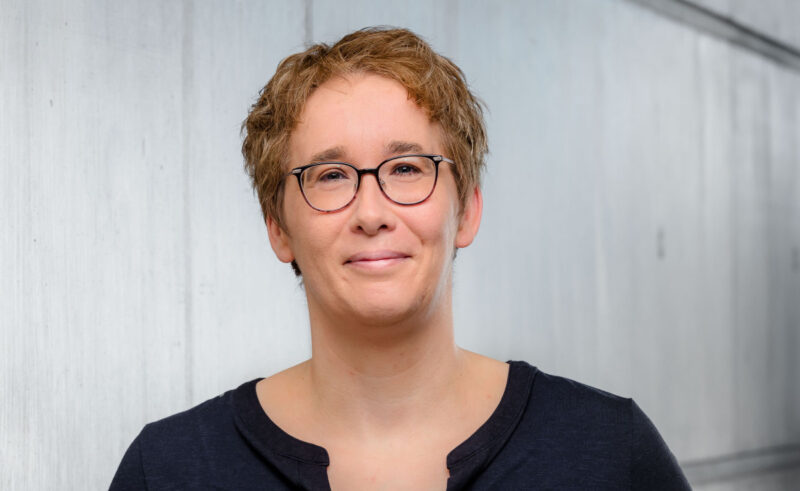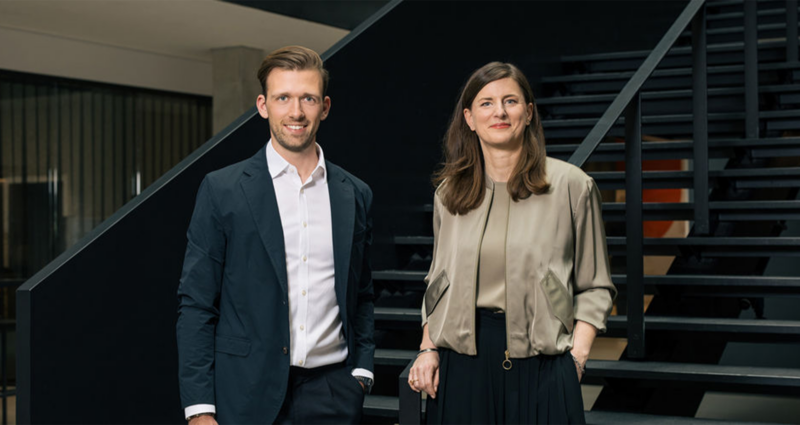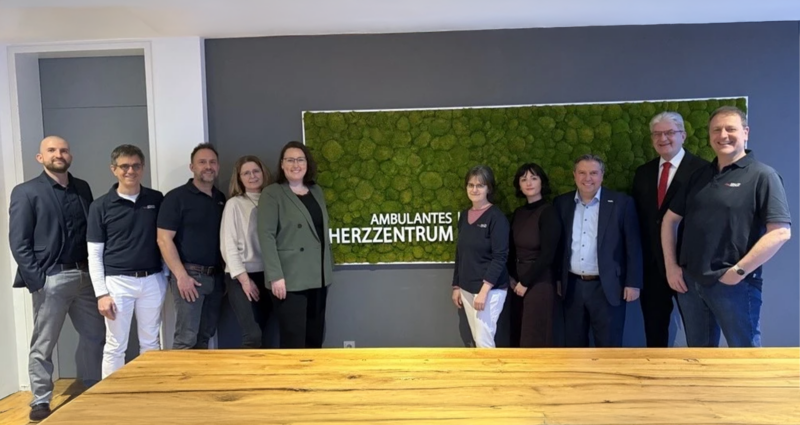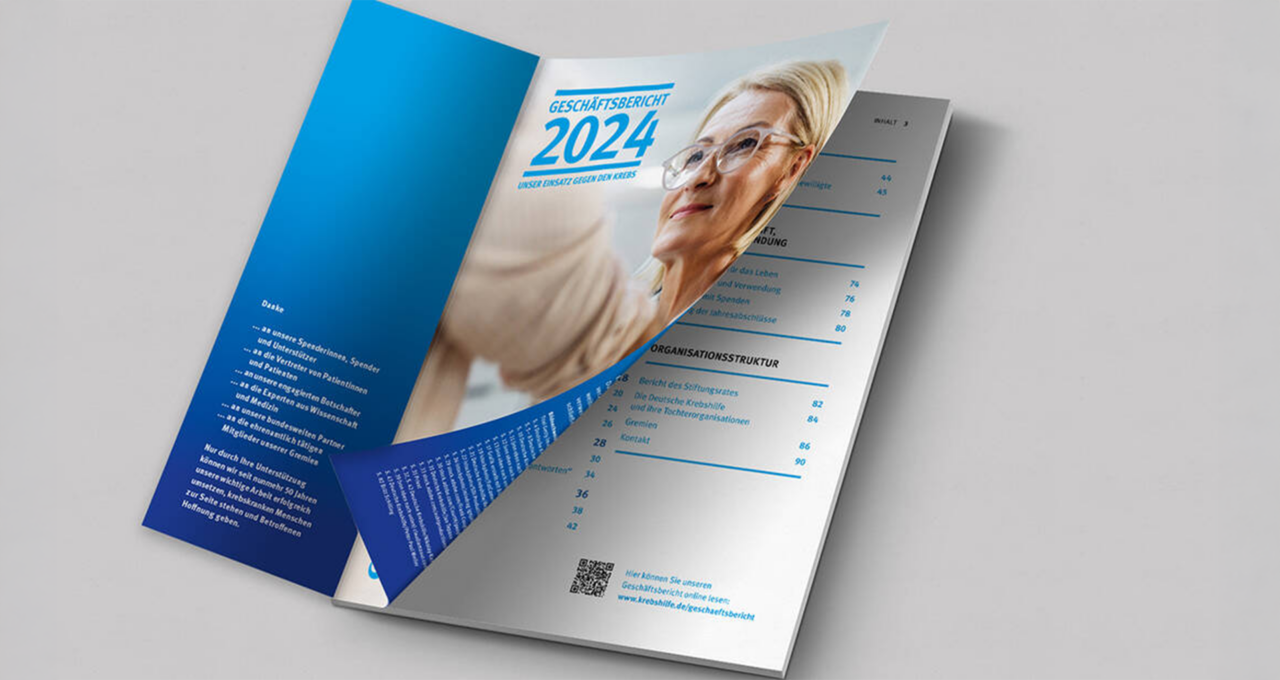
Monday, August 4, 2025
German Cancer Aid Presents 2024 Annual Report and Launches New Initiatives to Improve Cancer Care
In its anniversary year 2024, German Cancer Aid raised an impressive €181 million in donations, enabling the launch of 164 new projects – including research initiatives, public education campaigns, and expanded patient services.
“Thanks to the continued trust of the public, we were able to significantly expand our efforts,” said Chairman Dr. Franz Kohlhuber. The newly published 2024 Annual Report highlights how targeted investment is helping to close care gaps across the country.
Today, 26 Comprehensive Cancer Centers (CCCs) across Germany are supported by German Cancer Aid to provide cutting-edge treatment and care. Through the “ONCOnnect” program, these centers actively integrate regional clinics and practices into their structures to share knowledge and elevate care standards.
In addition, a new grant initiative titled “Models for Optimized Decentralized Cancer Care” supports five regional projects with €12 million. These include improved collaboration with general practitioners and digital networking among all regional providers.
As oncology diagnoses and treatments grow more complex, the need for second medical opinions increases. German Cancer Aid is launching “S.O.O.S. – Second Opinion Oncology Service”, a nationwide quality-assured program backed with €6.8 million, initially as a pilot. It aims to give patients clarity and confidence in their treatment decisions.
The economic burden of cancer can push many patients into hardship. To close the research gap on this issue, the “Cancer and Poverty” program was created. It seeks to generate data that can inform political action and improve support for vulnerable groups.
German Cancer Aid remains the largest private funder of cancer research in Germany. In 2024 alone, it invested €60.8 million into basic science, clinical research, and care research – including the new “German Pancreatic Cancer Alliance”, focusing on one of the deadliest forms of cancer.
Helping individuals directly is also a core mission: Over 7,000 financially struggling cancer patients received assistance via the hardship fund in 2024. The INFONETZ KREBS helpline responded to nearly 10,000 inquiries, and €6 million supported cancer self-help groups.
